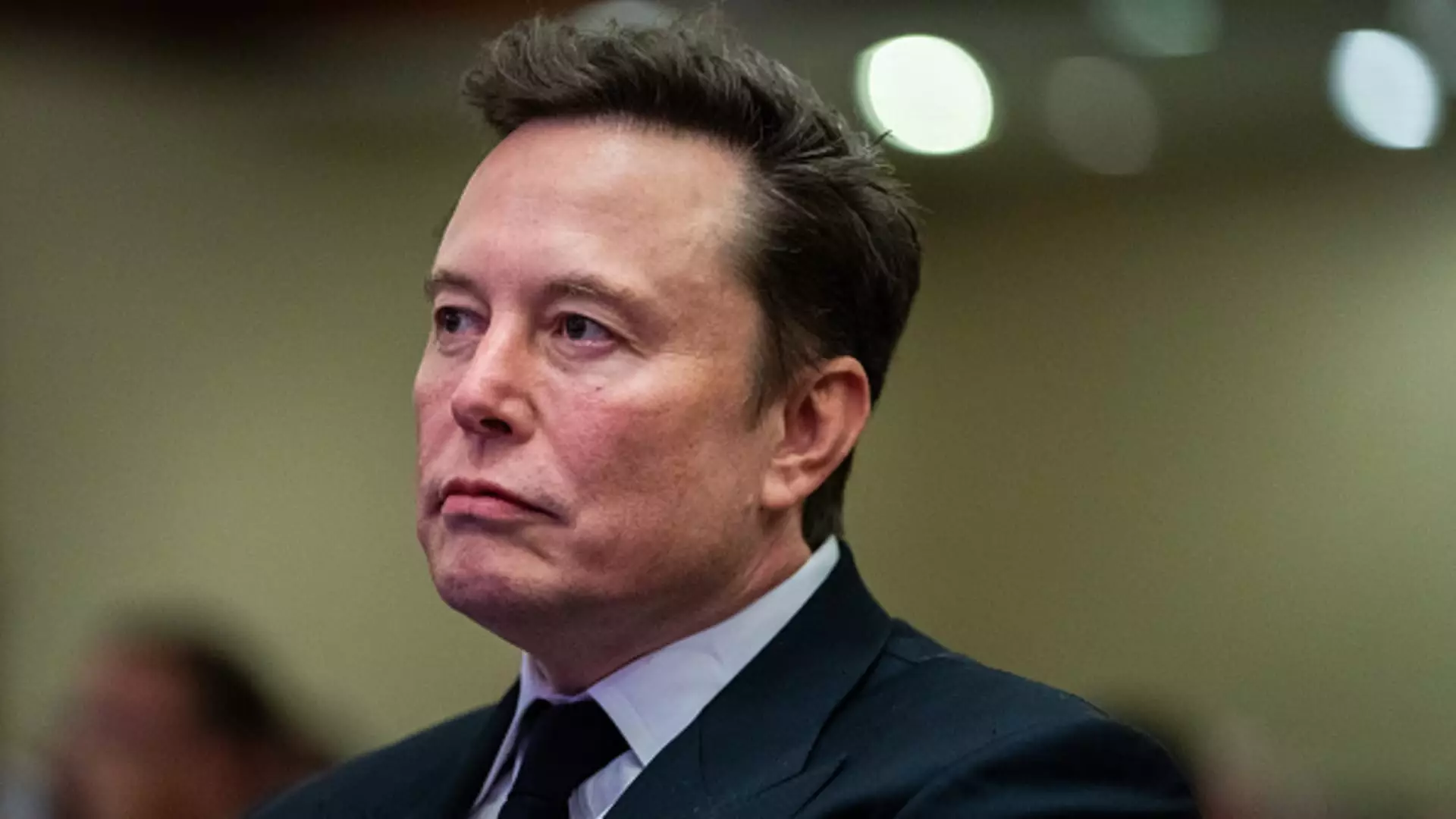In a significant ruling last Monday, Delaware Chancellor Kathaleen McCormick upheld her earlier decision to void Elon Musk’s controversial CEO compensation plan, deemed as one of the largest in the history of public companies. The package, valued at approximately $56 billion, prompted intense scrutiny regarding its approval process and legitimacy. The judge’s assertion was clear: Musk had an overwhelming influence over Tesla to a degree that the negotiation of his pay was neither independent nor appropriate. With this ruling, Musk’s legal team faces an uphill battle as Tesla prepares to appeal, framing the court’s decision as an example of “absolute corruption” on social media platforms.
At the heart of this legal dilemma lies a broader conversation about corporate governance and ethical standards in executive compensation. Musk’s substantial pay package raised red flags about the checks and balances typically necessary in such decisions, especially when the CEO is perceived as exerting undue influence over the board. Chancellor McCormick described the approval process as “deeply flawed,” underscoring the need for transparency and fairness when compensating top executives. By bypassing these essential governance principles, the ruling serves as an important reminder to corporations about the need for appropriate oversight when it comes to executive pay.
Musk’s reaction to the ruling has been vociferous, demonstrating a blend of defiance and frustration. In a post following the decision, he criticized the Delaware court system, advising other entrepreneurs against incorporating in the state. This backlash not only highlights Musk’s dissatisfaction but also reflects a broader narrative about how high-profile executives engage with judicial processes that directly impact their fortunes. Nevertheless, Tesla’s shareholders have not remained passive; after the January ruling, they participated in a June 2024 vote aimed at ratifying Musk’s pay structure, an outcome that the judge ultimately deemed irrelevant to the legal proceedings.
Interestingly, McCormick emphasized that treating such votes as a means to circumvent existing court rulings could lead to a continuous cycle of litigation, something the legal system is ill-equipped to handle. In fact, her decision to award $345 million in attorney fees to the plaintiff’s lawyers showcases the serious implications of this case, reinforcing the concept that shareholders have a right to challenge executive decisions they deem unjust.
Despite facing a substantial legal challenge, Musk’s financial position has demonstrated resilience. In the wake of the ruling, his net worth surged significantly, bolstered by a 42% spike in Tesla’s stock price following the election victory of Donald Trump. This unexpected turn of events has placed Musk in a unique position, where his wealth—fuelled by stock holdings—remains insulated from legal drama to some extent. In fact, excluding the contested pay package, Musk has reportedly seen an increase of over $43 billion in his wealth, showcasing how fluctuating market conditions can render individual controversies secondary.
As Tesla endeavors to recover from this legal setback, the implications of the court’s decision could resonate well beyond the immediate realm of Musk’s pay package. The correlation between Musk’s leadership and Tesla’s stock performance will likely be scrutinized further, especially as various stakeholders re-evaluate the governance structure surrounding executive remuneration. Musk’s movements to change various business registrations, including the shift of Tesla’s incorporation to Texas, suggest a strategic pivot, aiming to distance his ventures from unfavorable legal environments.
While Musk’s empire continues to thrive in a volatile market, the underlying legal challenges underscore a critical need for corporate accountability. The Chancellor’s ruling not only tackles the legitimacy of Musk’s pay but also sheds light on the overarching ethics of corporate governance, which may affect how future cases involving executive compensation are adjudicated. As one of the most influential figures in business today, Musk’s journey will be closely followed, both legally and economically, in the weeks and months to come.

